The steel producer “ArcelorMittal Zenica” violated almost all the measures of the environmental permit issued to it by the federal authorities at the end of 2022. Satisfied with the thousands of jobs and the lucrative business of this company with domestic enterprises, the authorities do not react, ignoring the dangerous consequences for the health of the people of Zenica.
- Written by: Dženita Lutvić (CIN)
Wide pastures and fields in the Tetovo settlement in Zenica give the impression of a pleasant environment. However, the image of the green landscape is dominated by the tall chimneys of the ironworks that have been towering over this area for more than a century.
Heavy air, stench and night noises have been everyday life for Tetov residents, the first neighbors of the steel giant “ArcelorMittal”. The bitter taste of dust appears already after a few hours of staying in this settlement.
“We are used to it,” says Besim Dedić, a Tetovo resident who was found planting potatoes by journalists from the Center for Investigative Journalism (CIN), aware of the dangers of growing vegetables in his garden.
Soil analyzes from March 2024 showed in the settlements of Tetovo and Pehare excessive soil pollution with heavy metals from chimney dust. Cross-border values of metals harmful to health were found in the soil: arsenic, lead, zinc, cadmium, nickel and copper. The analysis of soil samples from 50 different locations – in gardens and in front of schools, clinics and religious buildings and along the streets in Tetovo and Peharam – for the needs of CIN’s research was done by the Federal Institute for Agropedology.
Journalists talked to the residents of these settlements and they are all aware of the pollution and danger, but they do not believe that anything can be changed, which is why only five of them decided to speak publicly about it.
The Institute informed the federal and local authorities about soil pollution a decade ago, but they never banned planting in this area or initiated the process of soil decontamination.
“He who survives, survives. Last year this local community had 1,100, probably 80 died. My wife is among those 80. Intestinal cancer,” said Dedić.
Also, expert air analyzes carried out in 2022 by the “Kemal Kapetanović” Institute in Zenica also determined the presence of carcinogenic benzene and benzopyrene dust particles in the air around the ironworks. The quantity exceeded the permissible limit for the protection of human health by up to 255 times.
Nikhil Mehta, director of ArcelorMittala Zenica, says that these pollutants do not affect people and the environment: “It’s just iron dust. This dust is not harmful”.
CIN reveals that this company violated almost all measures out of a total of 141 from the environmental permit, while for seven measures it does not show the intention to implement them within the prescribed period of 2024/2025. years. The company never fulfilled its obligations from the first contract it signed with the federal authorities in 2004, when it got the ironworks for one dollar. Nevertheless, the Government of the Federation of Bosnia and Herzegovina (FBiH) did not revoke the license to work from “ArcelorMittal”, even though it should have.
Any move that would jeopardize relations with “ArcelorMittal” is problematic for the Government. They justify the evasion of sanctions against the steel producer with the 2,000 employees of this company. “ArcelorMittal” cooperates with hundreds of suppliers and indirectly employs 12,000 people. Railways of the Republika Srpska have 50 percent of their annual turnover thanks to business with ArcelorMittal Zenica, while Railways of the Federation achieve close to 30 percent of their turnover through cooperation with the company.
Therefore, since 2009, the company’s environmental permits have been renewed with fines that were even lower than those prescribed by law.
“It’s very simple in poor societies like ours: you play on emotion, you play on social peace. Investors do everything for their profit. If we close Arcelor, I’m not sure how the economy and society will function as a whole,” said the Federal Minister of Environment and Tourism Nasiha Pozder.
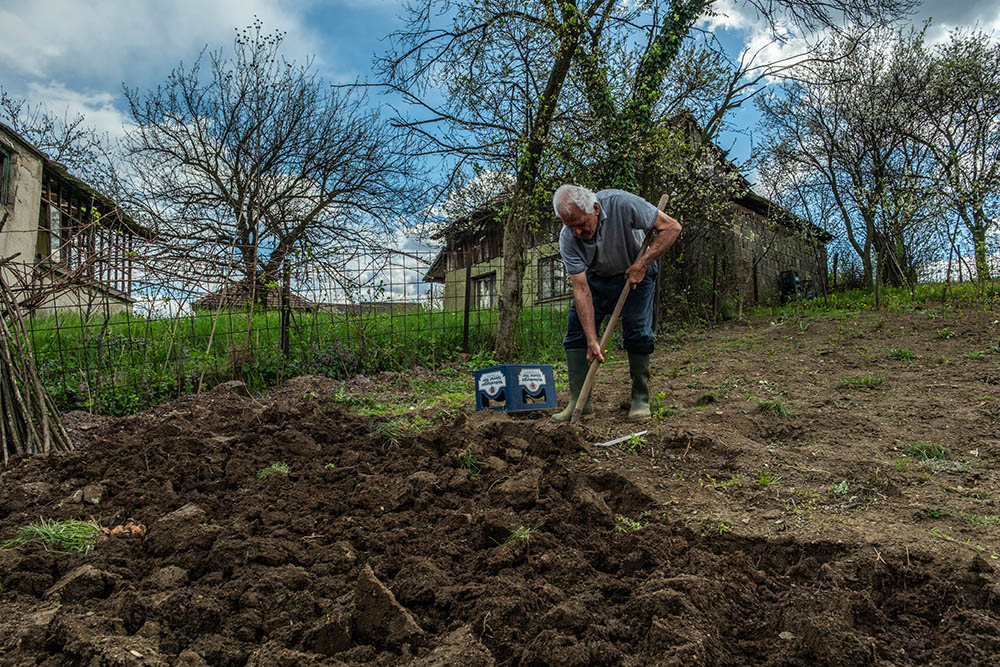
Ironworks for one dollar
India’s Lakshmi Mittal made billions by reviving failed state-owned steel mills around the world. Today it is considered the world’s largest steel producer. However, behind his business success lies the story of communities struggling with environmental degradation. Among them are more than a hundred thousand inhabitants of Zenica.
In 2004, Mittal included an ironworks in Zenica in his conglomerate of steel companies. The recapitalization agreement, which the FBiH authorities keep secret, reveals that Mittal bought 51 percent of the Zenica steel plant from the FBiH Government for one dollar. At that time, the government retained an eight percent stake, while the company “Kuwait Consulting and Investment Co” owned 41 percent. In the following years, “ArcelorMittal” also bought the share of this company, which made it a 92 percent owner of the Zenica steel plant.
The contract in CIN’s possession reveals that Mittal committed to: produce at least two million tonnes of steel per year, employ between 4,000 and 4,500 workers, invest in environmental protection, invest in a water treatment plant, a by-product plant and emissions control equipment in in accordance with the laws of Bosnia and Herzegovina. The company did not do any of this, but the authorities in the FBiH tacitly forgave it for its mistakes, so the management of “ArcelorMittal” did not show concern in the conversation with the journalists.
“It doesn’t help either you or me to go back in time and re-examine everything that wasn’t done in the past,” said Nikhil Mehta, the company’s managing director.
Since 2007, “ArcelorMittal” has started integrated steel production in Zenica, which included the start of a coking plant, a plant that stopped working at the beginning of the 1990s.
“When we restarted it, the life expectancy was estimated at ten years. This means we should have stopped the coke battery at the end of 2018,” said Mehta.
But that didn’t happen. The coking plant continued to work in defiance of the expiration date, as well as the laws that the company must comply with for such facilities that significantly pollute the environment. Namely, “ArcelorMittal” smelted iron using coke as an energy resource. The company used an average of half a million tons of this fuel annually. Combustion of coke causes the formation of gases and dust that contain significant amounts of harmful substances such as: sulfur dioxide, nitrogen oxides, hydrogen sulfide, tar, benzene, benzopyrene, toluene, xylene or ammonia, which are dangerous to health and can cause cancer.
Because of this pollution, “ArcelorMittal” annually pays between 560,000 and 860,000 KM in taxes to the FBiH Environmental Protection Fund. The company is obliged to control that the pollution in its facilities does not threaten the health of people and the environment, which is regulated by the environmental permits that the authorities in FBiH issue to this company every five years. Without these permits, “ArcelorMittal” would not be able to operate.
Nevertheless, continuous measurements in the surrounding Zenica settlements for years show dangerous air and land pollution as a result of industrial production. However, no one cares or is responsible for the emissions that come out of the factory.
“We all feel those consequences. The wind brings it, the water also brings it – it all comes to us in the end”, says Federal Minister Nasiha Pozder.
ArcelorMittal does not dispute the emissions, but claims that they are under control. Mehta points out that the company has invested almost 100 million euros in environmental projects. However, the story of investments remains in the shadow of the last environmental permit issued by the FBiH Government to “ArcelorMittal” at the end of 2022. The inspection findings indicate that the company did not comply with the deadlines for the implementation of more than a hundred measures from the environmental permit, which was confirmed to CIN journalists by the Federal Ministry of Environment and Tourism.
Among others, this company did not: take measures aimed at eliminating higher emissions into the air than permitted values, ensure the maintenance and functionality of the plant purification system, provide adequate measurements of emissions into the air, establish a system for disposal of technological and hazardous waste within the factory, educate employees to properly manage waste, prepared an environmental protection management plan, corrected the procurement of raw materials, materials and chemicals in accordance with environmental protection regulations and did not obtain a decision on the closure of the Rača landfill or provide a new location for the landfill.
“They absolutely didn’t do anything according to that environmental permit,” said Minister Pozder and added: “27 measures have in a way ‘begun’.” You know how ‘it went’? He says that the measure will be implemented by the end of 2023, the project documentation by the middle of 2022 – they have just started with the project documentation”.
Faced with the violation of the measures, the director of “ArcelorMittal” said: “We were too ambitious to think we could do it.”
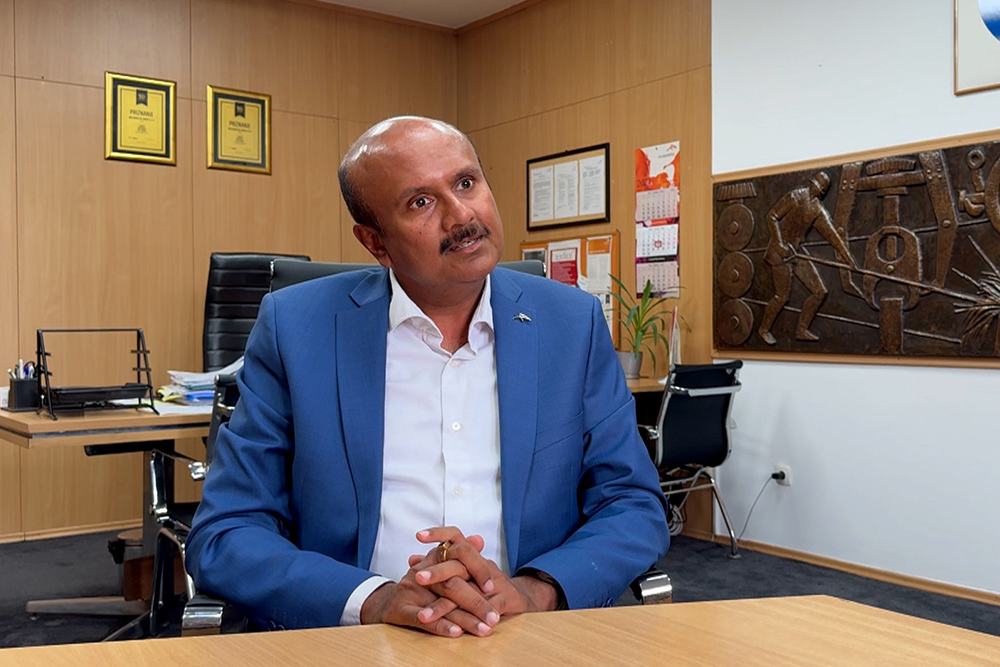
The commission made up of representatives of the Federal Ministry of Environment and Tourism, the Federal Administration for Inspection Affairs and the Federal Ministry of Agriculture, Water Management and Forestry started the revision of the environmental permit of “ArcelorMittal” in early April 2024. When it finishes the analysis, the Commission will present its opinion to the FBiH Government, which will make a decision on whether this company will keep its license.
Federal environmental protection inspector Muvedet Šišić, who visited “ArcelorMittal” in 2023, stated in his findings that the company has no intention of carrying out measures from the environmental permit and improving production in accordance with environmental protection.
“The technique of inspection supervision for these measures requires the initiation of misdemeanor proceedings, which so far have not brought any particular results,” Šišić wrote.
CIN journalists obtained inspection data that the company has paid several fines in the past six years, which on average amounted to about 55,000 KM per year. Despite multiple violations of the measures from the last environmental permit, the inspectors never imposed the maximum fine of 200,000 KM. Inspector Šišić and Anis Ajdinović, director of the Federal Administration for Inspection Affairs, refused to talk to journalists.
“It is more worthwhile to pay the fine several times than to actually invest something,” says Minister Pozder.
Sowing in contaminated soil
At the end of March 2024, in accordance with the prescribed procedures, CIN journalists collected soil samples from 50 different places in the settlements of Tetovo and Pehare. Soil analysis was carried out by experts from the Federal Institute for Agropedology.
The test results showed that all soil samples were contaminated with arsenic, lead, zinc, cadmium, nickel and copper, in values two to three times greater than the legal limits in FBiH.
Ahmedin Salčinović, assistant director in the Department of Pedology and Reclamation at the Federal Institute for Agropedology, explains to CIN that soil pollution in these settlements occurs due to the spread of harmful particles during production within “ArcelorMittal”.
“They come with the wind and fall to the ground and stay there. Plants, especially lettuce, spinach, and vegetables, take in nutrients from the soil and heavy metals. For years when they are consumed, cancer and various diseases can occur,” said Salčinović.
He adds that residents who consume plants from contaminated soil may experience health consequences even after 40 to 60 years.
“We are aware, we see. Come to my yard downstairs to see how everything glitters alive, to see what kind of dirt it is,” says Ahmed Šišić, a resident of Tetov.
Local resident Mirela Vehabović adds that she regularly witnesses dust in the air that descends towards nearby houses.
“I don’t know what it is, something orange, suffocating, you can’t walk. I have a child with special needs. When I go to take her out for a walk, I have to go back a hundred times. Sometimes you can hear gas, you want to suffocate,” says Vehabović.
From 2011 to 2015, experts from the Federal Institute for Agropedology continuously analyzed the soil in the settlements around “ArcelorMittal”. In each year, they registered excessive concentrations of heavy metals in the soil.
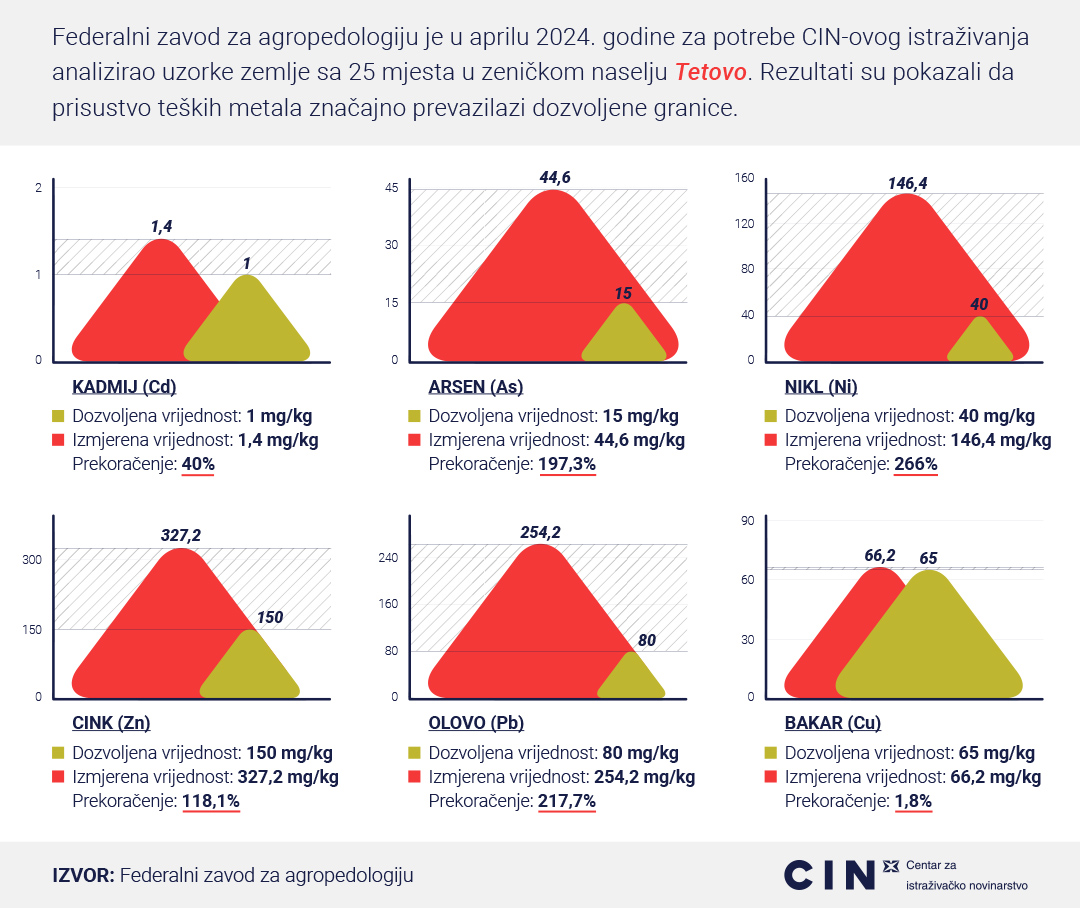
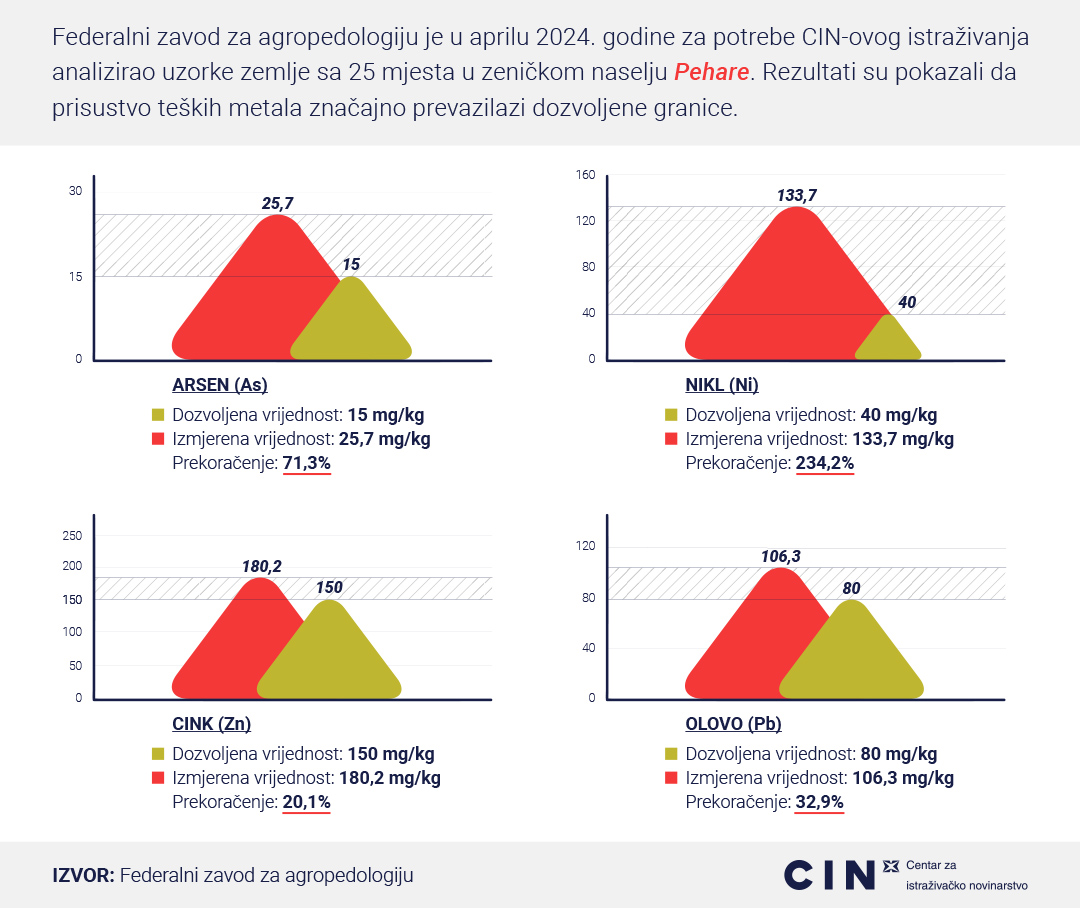
After five years of land monitoring, the Institute submitted reports to the City of Zenica and the FBiH Government in 2015 in which it declared the settlements of Tetovo, Pehare and Gradišće as risk zones where it is dangerous to grow plants for human and animal consumption. However, the locals in these settlements still sow fruits and vegetables today because the ban on sowing was never implemented.
“We issued a ban, we said that sowing should not be done. People still shine. What, how, I don’t know. This should be initiated by the City of Zenica, so that it forbids them and even introduces some fines and measures or gives them another area for people to sow,” said Salčinović.
The city of Zenica did not implement any measures prohibiting sowing. Ahmed Šišić, president of the local community of Tetovo, says that he never received any soil pollution measurement results from the City.
Fuad Kasumović, the mayor of Zenica, says about their problems: “The city of Zenica has no jurisdiction over Mittal, it’s all about the Federation.” Therefore, all responsibility falls on the federal government, federal inspections.”
At the same time, data from the Institute for Public Health and Food Safety in Zenica on the health status of the population show an increase in the number of malignant diseases, which are responsible for the majority of premature deaths and impaired quality of life in this city. However, there are no more detailed data on the health of residents in the settlements around the steel plant.
“My wife died within nine days. Cancer of vocal cords, bloodstream, liver. So, in nine days! And I have nothing more to tell you then. (…) Chernobyl II”, added Šišić.
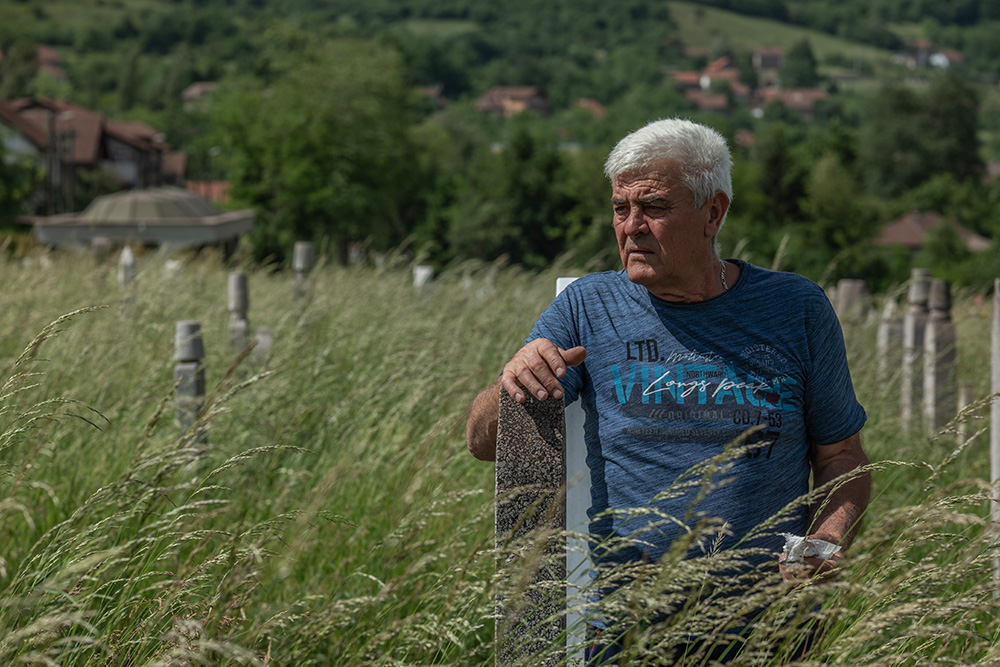
Mayor Kasumović says that he is aware that people are getting sick more and more, but he cannot claim that they got sick because of “ArcelorMittal”: “We have no jurisdiction. So, I can’t ask for anything. We have these jobs, aware that flowers will never come from those chimneys, that there will always be pollution”.
Neither the Government of Zenica-Doboj Canton nor the federal authorities did anything to remediate soil pollution. The Federal Civil Protection Administration, which deals with protecting people from natural and other disasters, has not banned the use of the land nor has it ever received soil or water analyzes from these settlements.
In the conversation with journalists from these institutions, they did not give specific answers, shifting the responsibility from one to the other.
Carcinogenic benzene in the air
In the area of Zenica, there are five stations through which experts from the “Kemal Kapetanović” Institute monitor air pollution with substances such as sulfur dioxide (SO2), nitrogen oxides (NOx), carbon monoxide (CO), ozone (O3) and dust particles PM10.
“In Zenica, we were in excesses for sulfur dioxide and dust for 120 to 180 days (annually, op.a). You are allowed to be in excess for three days, and we will be in excess for almost six months,” said mechanical engineer Halim Prcanović, head of the Center for the Environment at the “Kemal Kapetanović” Institute.
He adds that the situation improved between 2020 and 2021 with the shutdown of the old heating plant, but that SO2 concentrations are still recorded ten times above the limit value. In addition to industry, home fireplaces and car exhaust also contribute to this pollution.
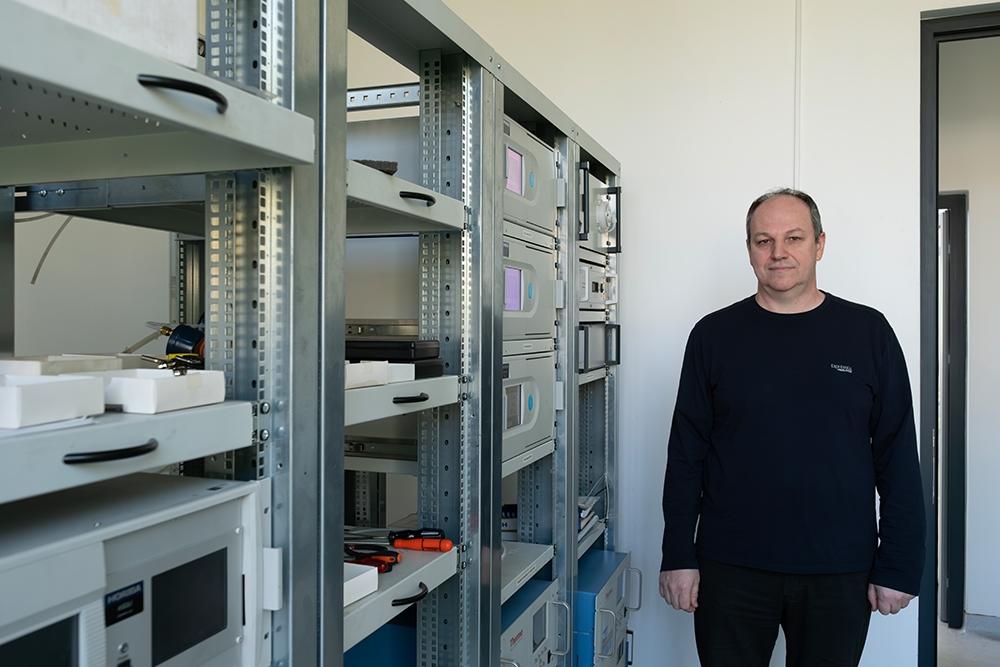
However, what distinguishes Zenica from other polluted cities is the high level of dust pollution, which is loaded with heavy metals and carcinogenic particles of benzene and benzopyrene as a result of the work of the ironworks. Constant measurements of the presence of benzene and benzopyrene in the air have not been established in Zenica because there is no device for measuring these particles.
Measurements carried out by the Institute in 2022 in the premises of the factory in cooperation with a laboratory from Belgrade showed the presence of benzene and benzopyrene many times over the limits established by the World Health Organization. The hourly concentrations of benzene at that time were on average 18 times higher than the target value for the protection of human health, and the maximum was 255 times higher.
The standards of the World Health Organization clarify that benzene enters the body through inhalation, although absorption through the skin is also possible. It is rapidly distributed throughout the body and accumulates in fat-rich tissues, especially adipose tissue and bone marrow. Bone marrow damage is one of the first signs of chronic benzene toxicity.
“Benzene has genotoxicity. So it interacts with human DNA, with our genetic material. It is carcinogenic, especially to the lungs. It causes lung adenomas, but it also causes cancers. It passes the placental barrier and enters the human fetus without any problems,” says Harun Drljević, an oncological surgeon from Zenica.
Hazardous waste and sludge
During CIN’s investigation, ArcelorMittal announced that it intends to close the coking plant as a result of rising costs and reduced demand. The company says that shutting down the coke battery is a planned activity, but they did not present it to the authorities when they issued the environmental permit at the end of 2022.
“I feel cheated here. Less than a year and a half after obtaining the environmental permit, they close the coking plant. It means that at that moment they knew that they wouldn’t be able to solve that plant and they should have told us that,” Halim Prcanović from the “Kemal Kapetanović” Institute, which prepared the environmental permit for “ArcelorMittal”, told reporters.
Prcanović points out that “ArcelorMittal” assured the authorities “that everything is as it should be and that they will invest funds and bring plants and facilities within the legally prescribed limits”.
Nikhil Mehta, the director of “ArcelorMittal”, does not think that he deceived anyone: “Who do we work for? We work for ourselves”. He adds that experts from the Institute should have checked the condition of the plant, but Prcanović claims that this condition cannot be checked unless the company shares information about it with them.
However, the announcement of the closure of the coking plant does not solve all pollution problems. The company will continue to produce steel. This will continue the dust emissions from the steel mill. An additional problem is the disposal of huge amounts of technological and hazardous waste.
Inspection findings from 2023 reveal that the temporary waste disposal basins within the factory are overfilled, and a significant amount of various sludges are stored around them. The company also never arranged a central warehouse for the temporary disposal of hazardous waste.
“They dump on asphalt surfaces within their circle. How is that possible? Impossible, but possible,” says Minister Pozder.
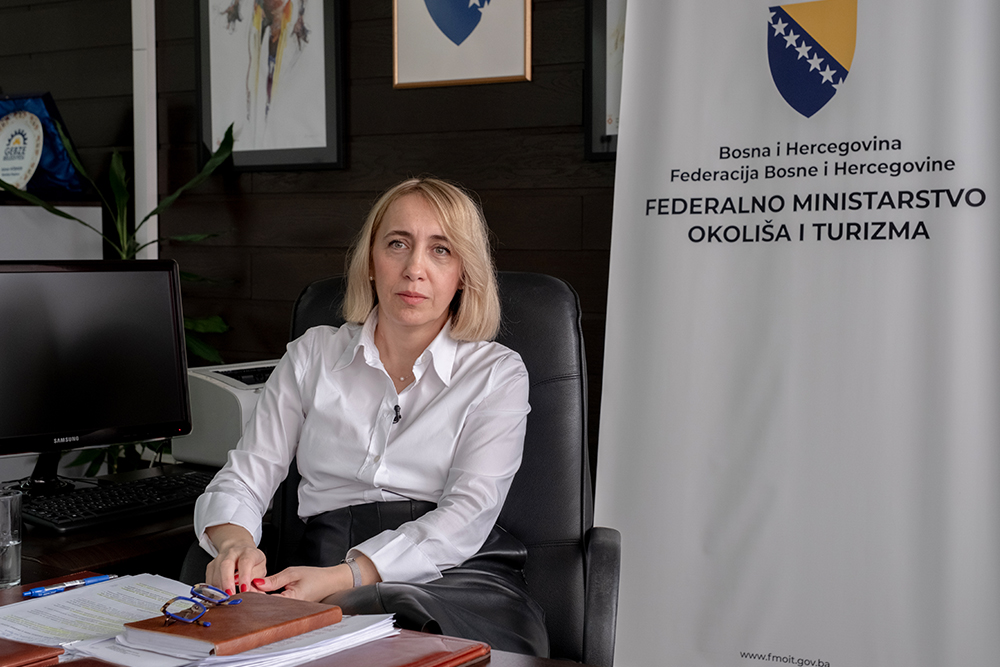
“ArcelorMittal” has been dumping industrial waste at the Rača landfill for years. The company has been banned from doing so and has been asking federal and local authorities for a new landfill site, but one has yet to be found.
Samir Lemeš, dean of the Polytechnic Faculty in Zenica and president of the Board of Directors of the Association “Eko Forum” Zenica, explains that improper waste storage leads to the overflow of sludge into the Bosnia river.
“The couple of incidents that happened last year actually happened because that sludge went uncontrolled into the Bosnia river because it is not stored, it is not preserved properly,” said Lemeš.
In a contract from 2004, “ArcelorMittal” undertook to build a wastewater treatment plant, that is, to separate its wastewater from the wastewater of the city of Zenica. That never happened either.
“It was always an excuse – we are waiting for the City to finish its collector and its plant, and only then will we start thinking about doing it,” added Lemeš.
The company claims that this sludge is not harmful to the environment. They also claim that the dust that accumulates in the surrounding settlements does not affect people and the environment.
The company TQM doo, which measures emissions in the “ArcelorMittal” factory, keeps this data as a business secret. ArcelorMittal claims that they are fully compliant with SO₂ and NOx emission limits, but that there are still minimal dust emissions from the steel plant.
“I can’t go and test citizens for how affected they are, I can only check my emission levels inside the plant,” says Mehta.
“ArcelorMittal” twice faced BH. judiciary. For the first time, it was based on a lawsuit filed by “Eko Forum” Zenica for environmental pollution, which was rejected by the Zenica Cantonal Prosecutor’s Office in 2020 due to insufficient evidence. The second case was a private lawsuit led by the Hasanbašić family from Zenica against “ArcelorMittal”, seeking compensation for the damage done to their health and property. Namely, the judgment of the Cantonal Court in Zenica from 2022 found that “ArcelorMittal” was responsible for harmful emissions, but the Hasanbašić family lost the lawsuit because they did not prove the amount of damage caused to them and their property.

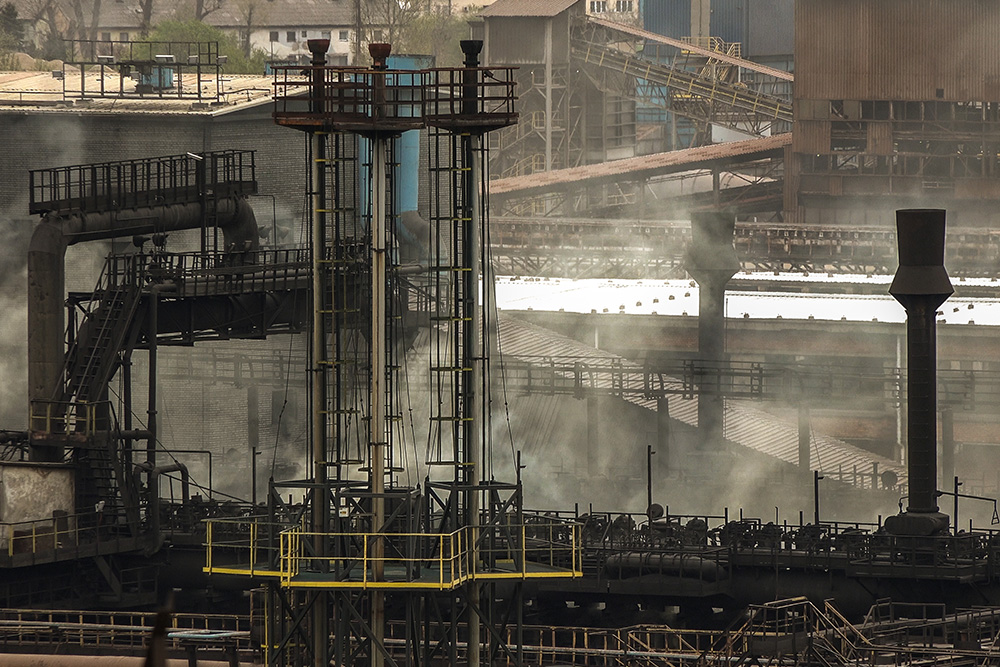
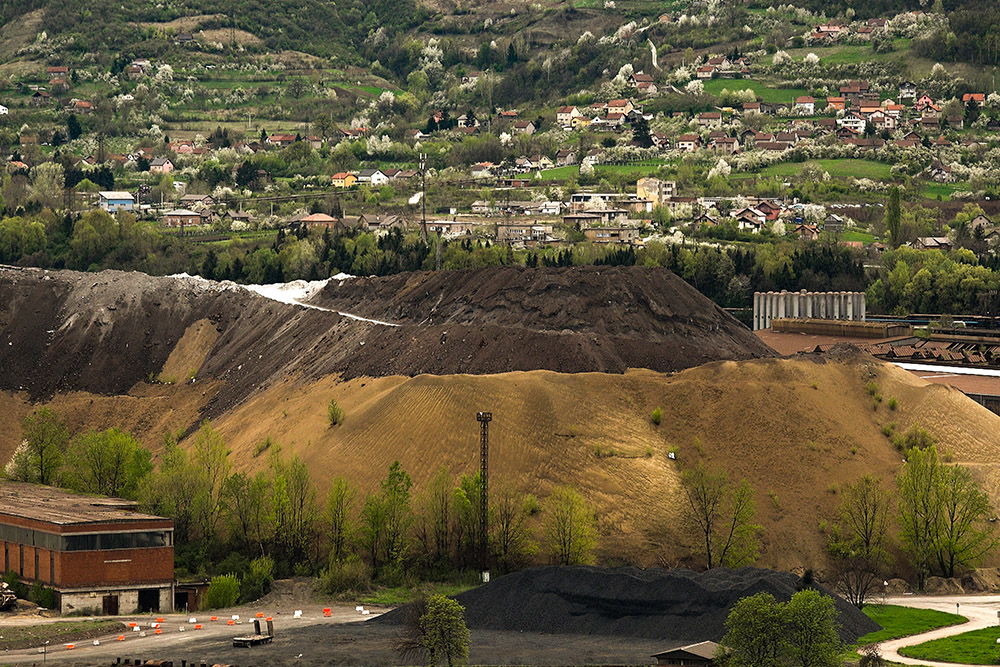
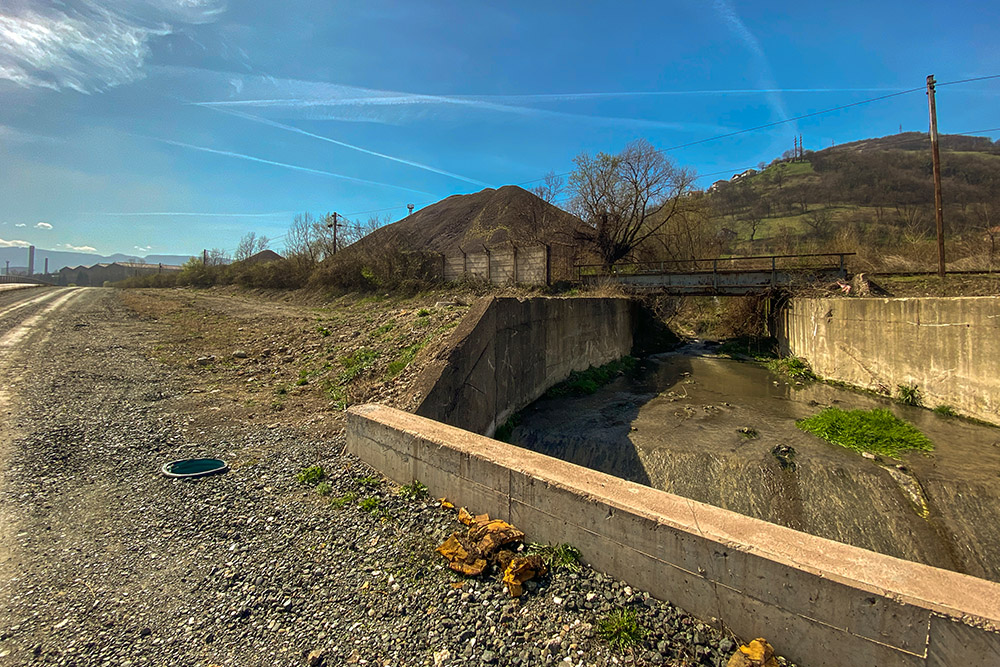
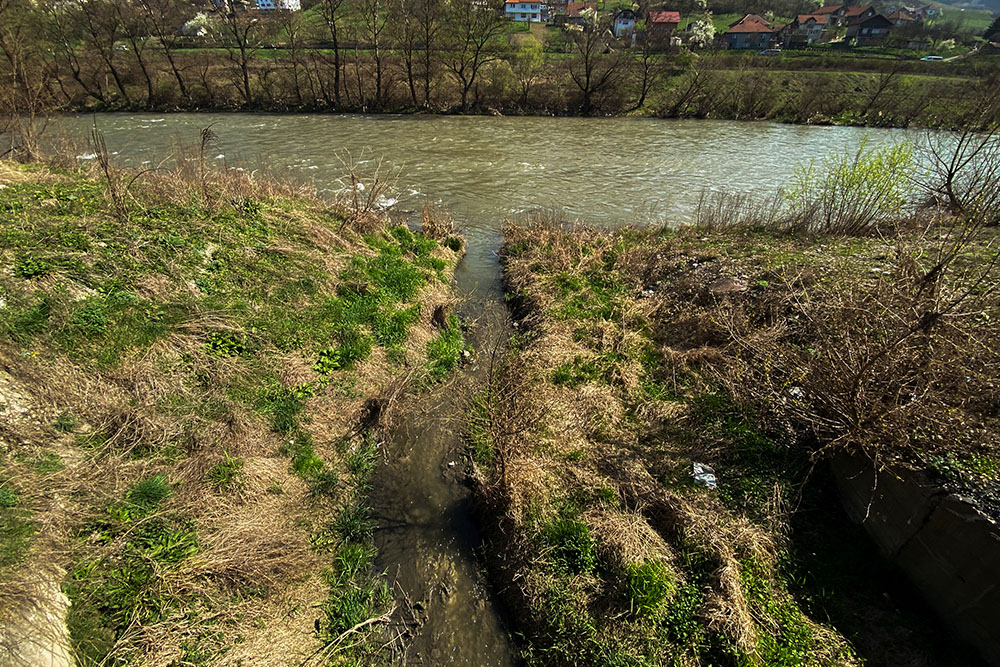
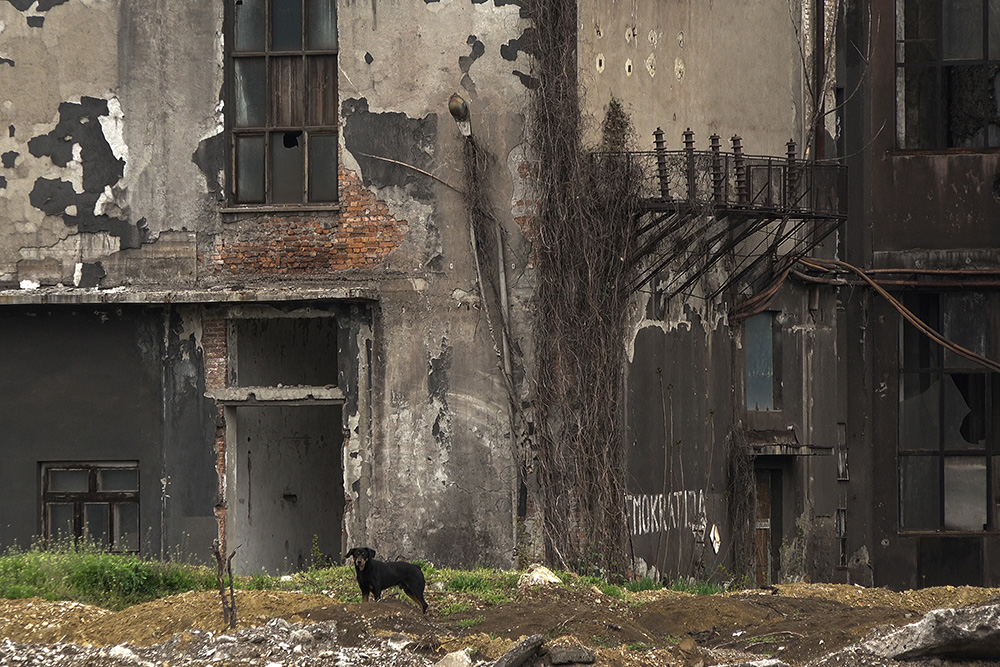
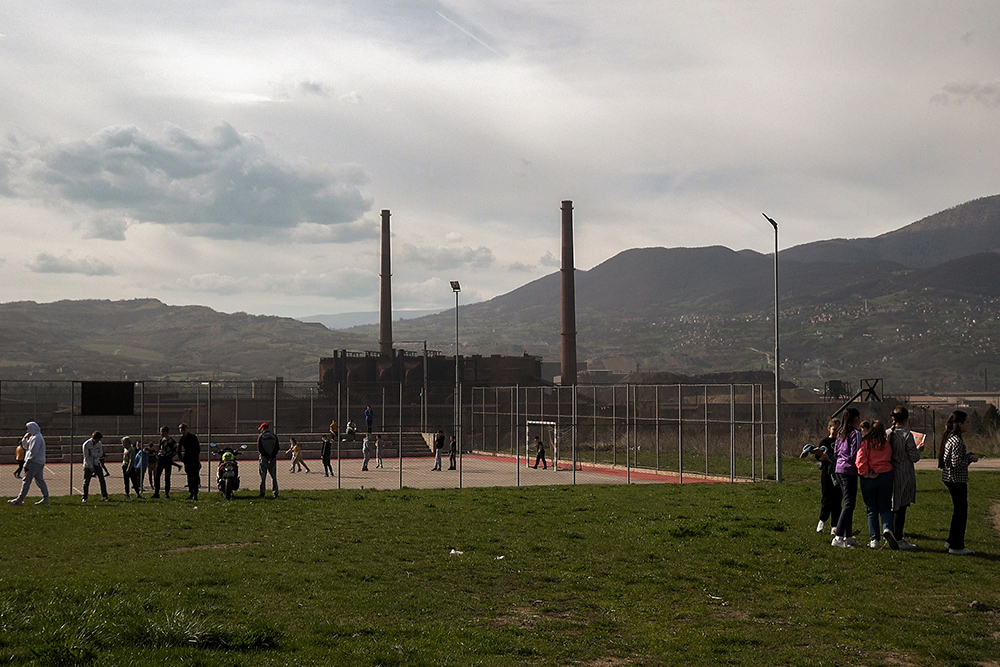
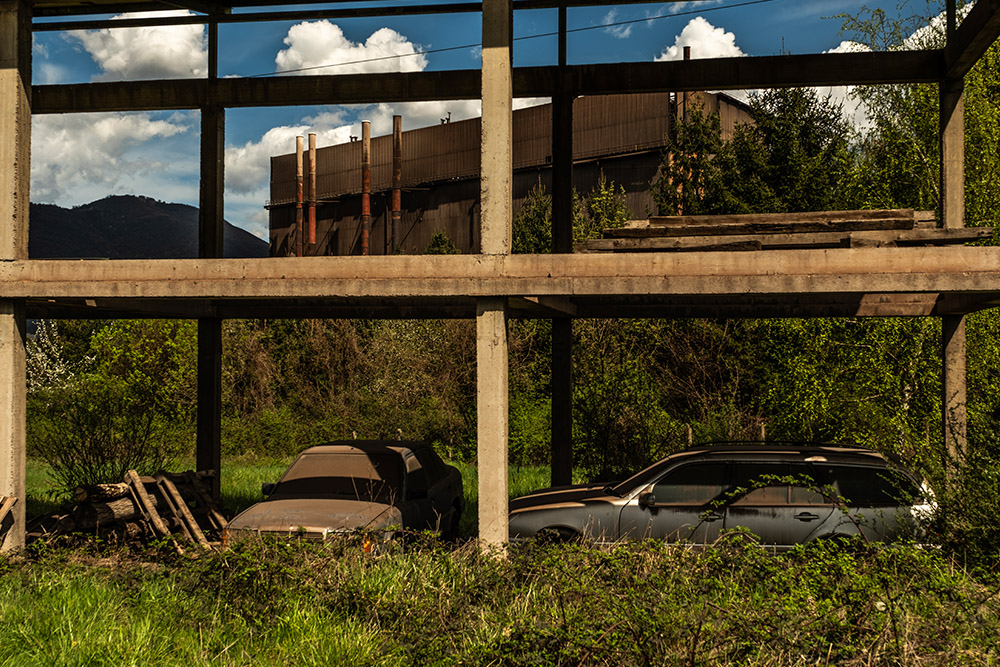
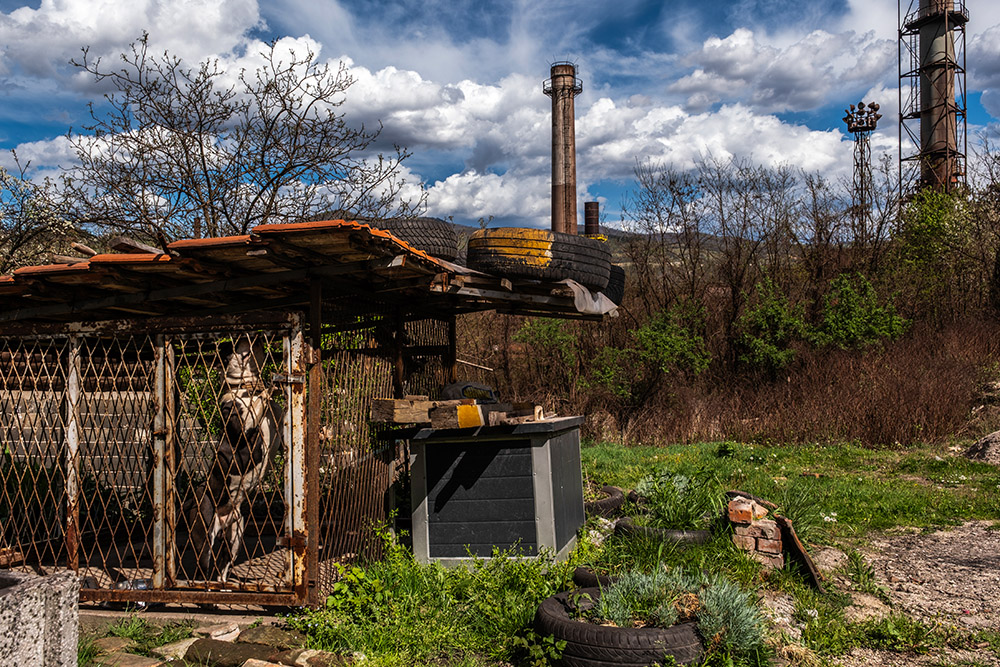
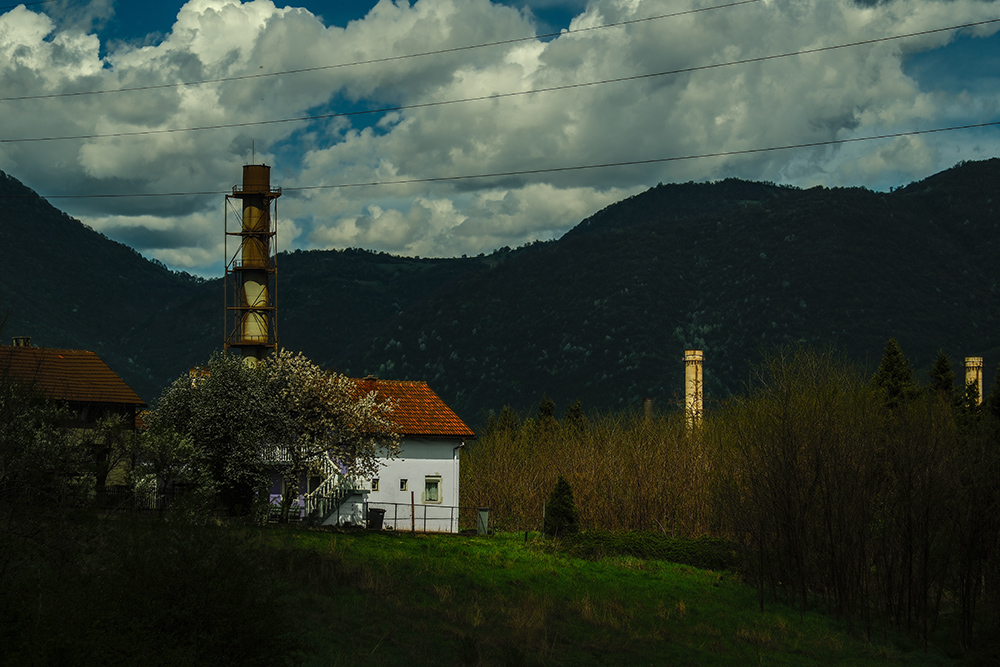
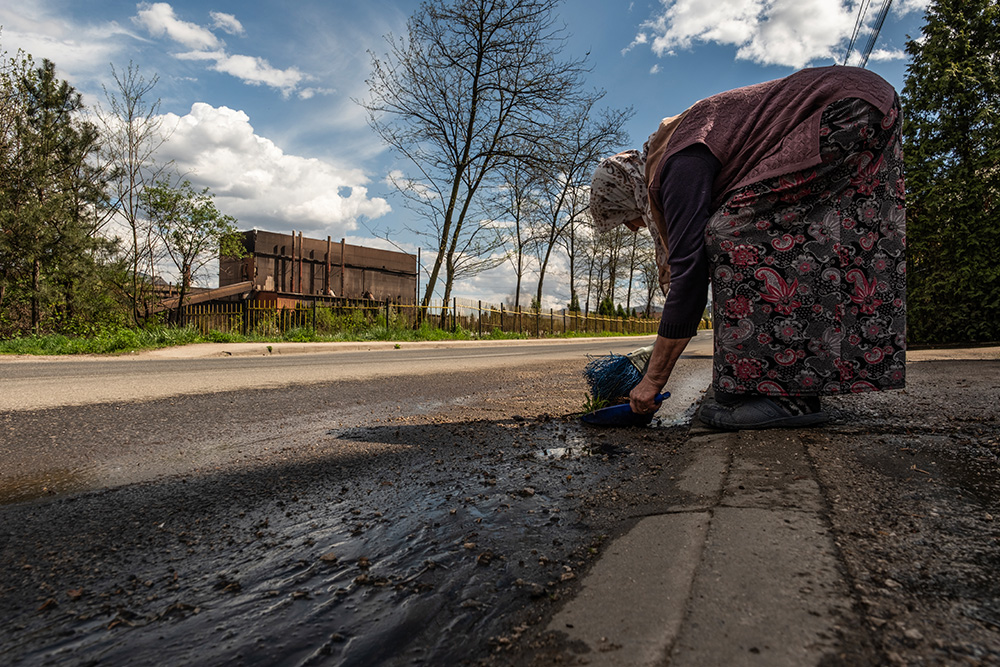
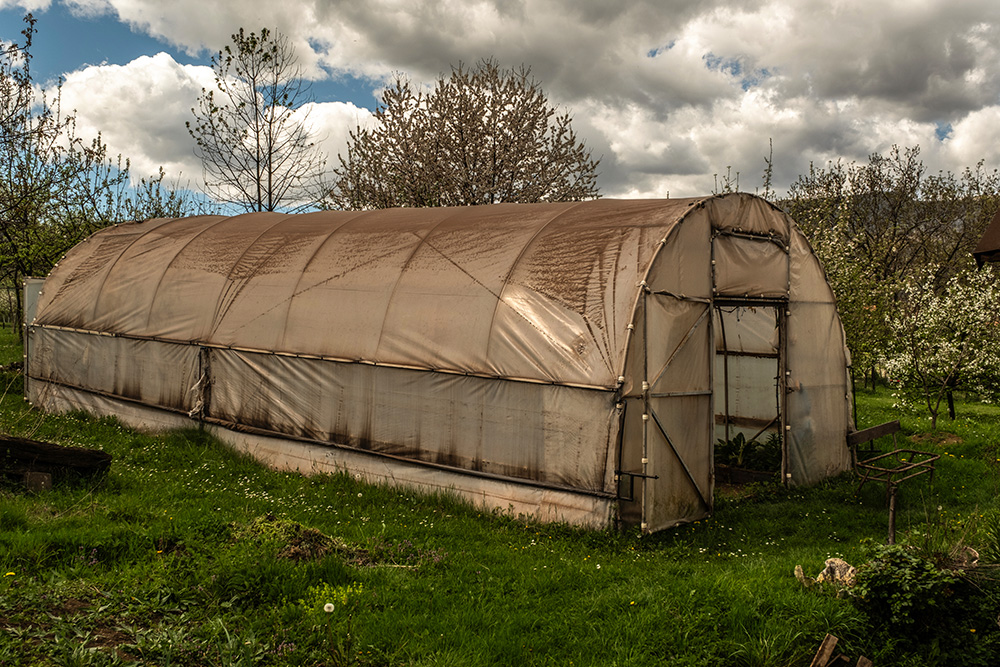
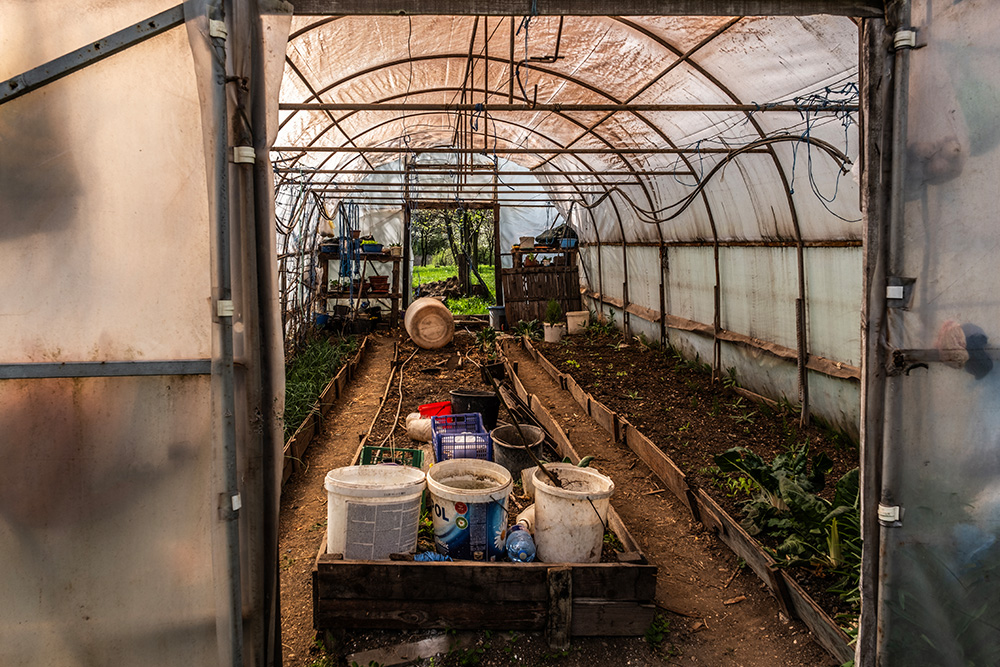
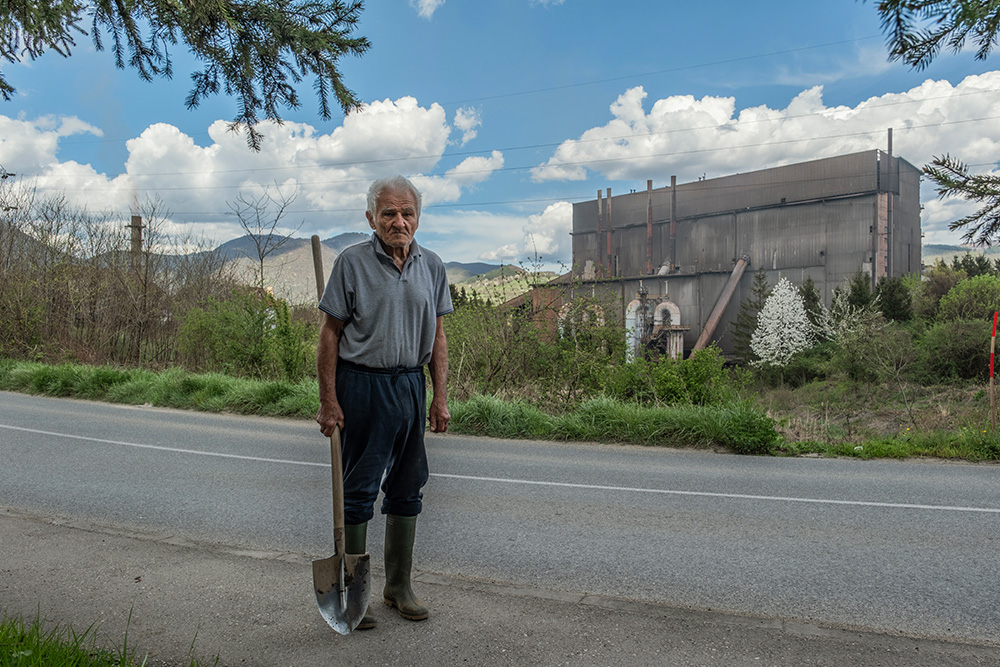
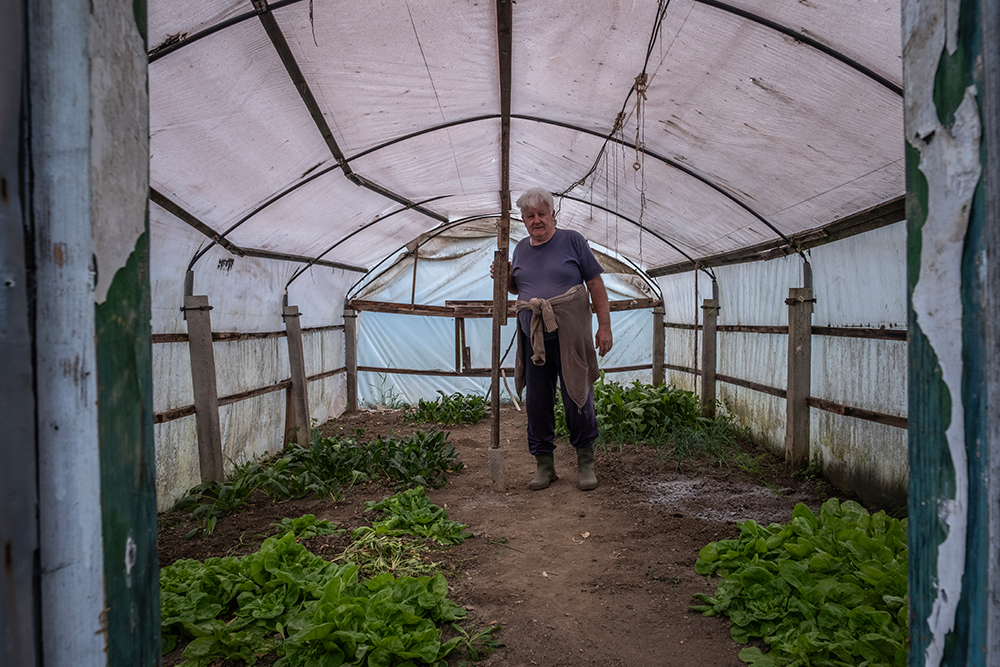
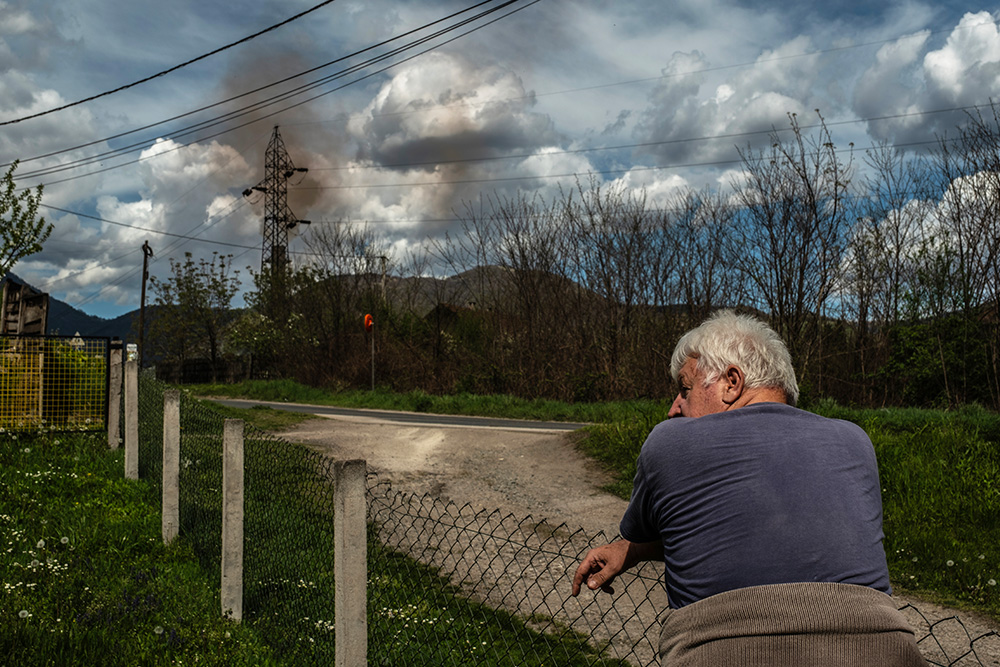
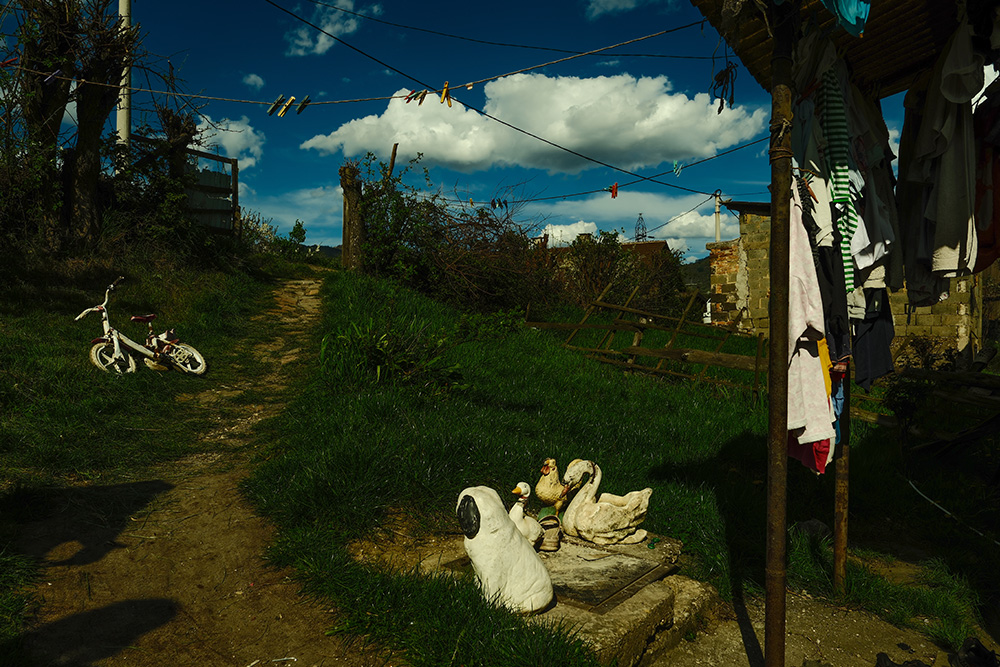
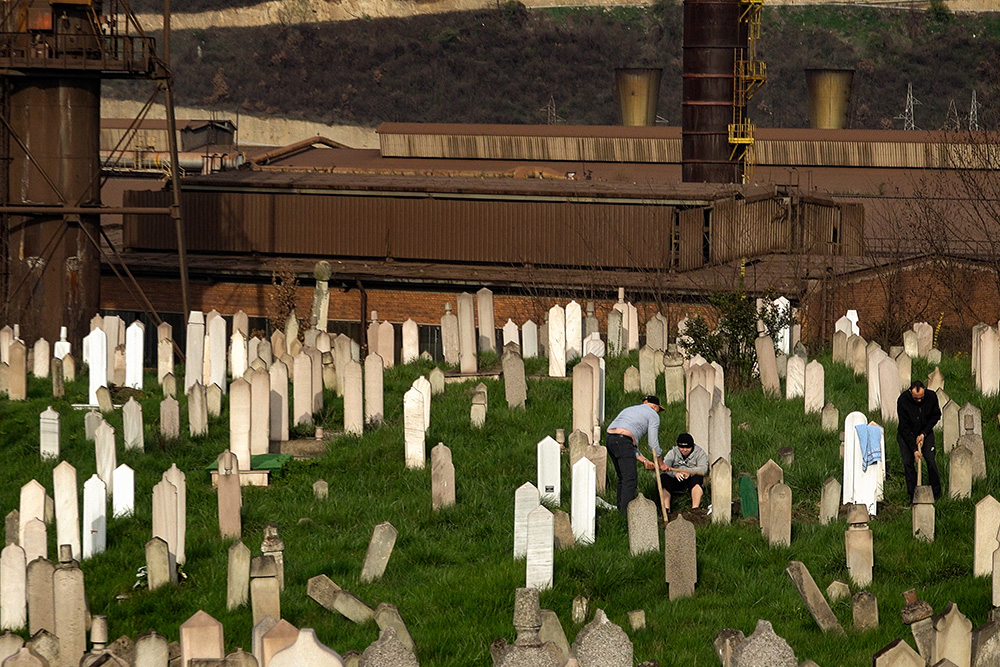
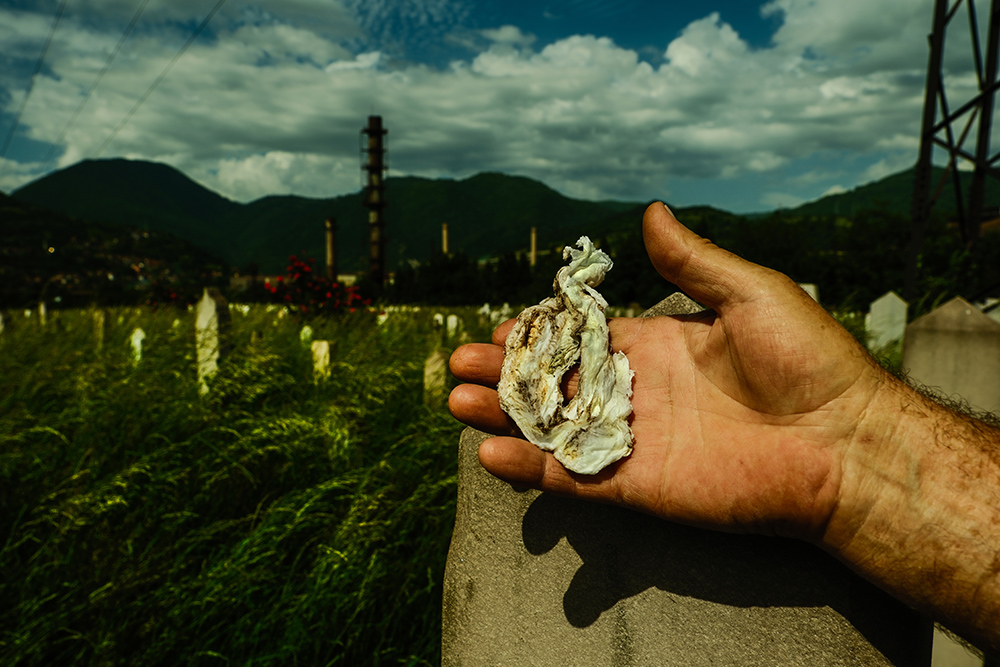
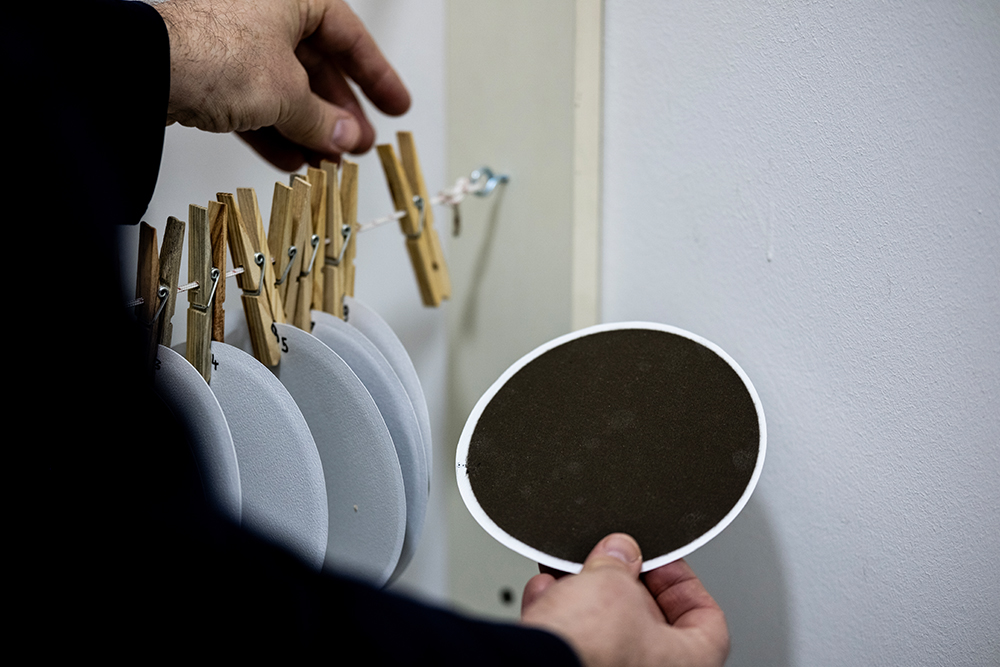



The Center for Investigative Journalism is the holder of the certificate

Source: cin.ba





